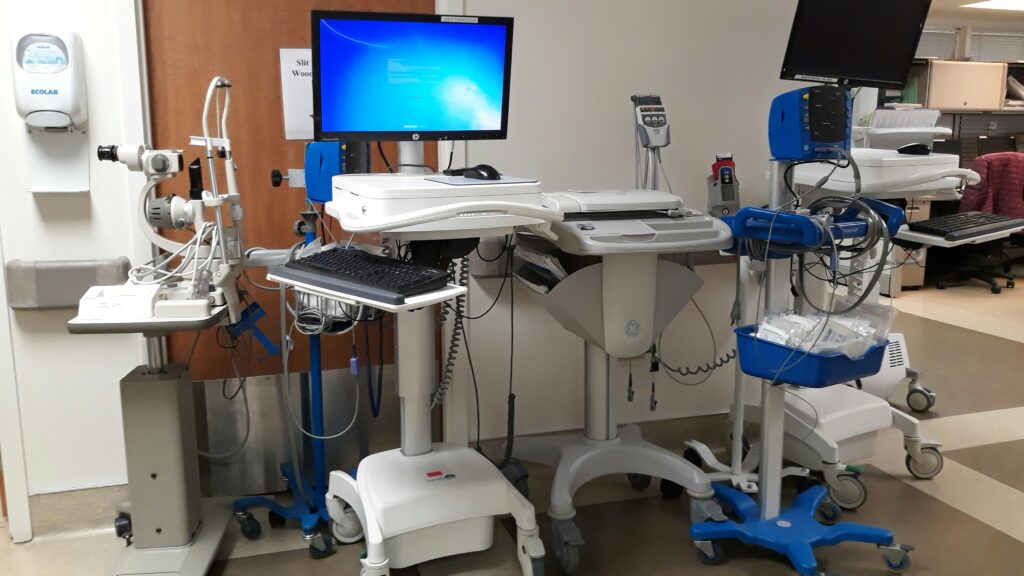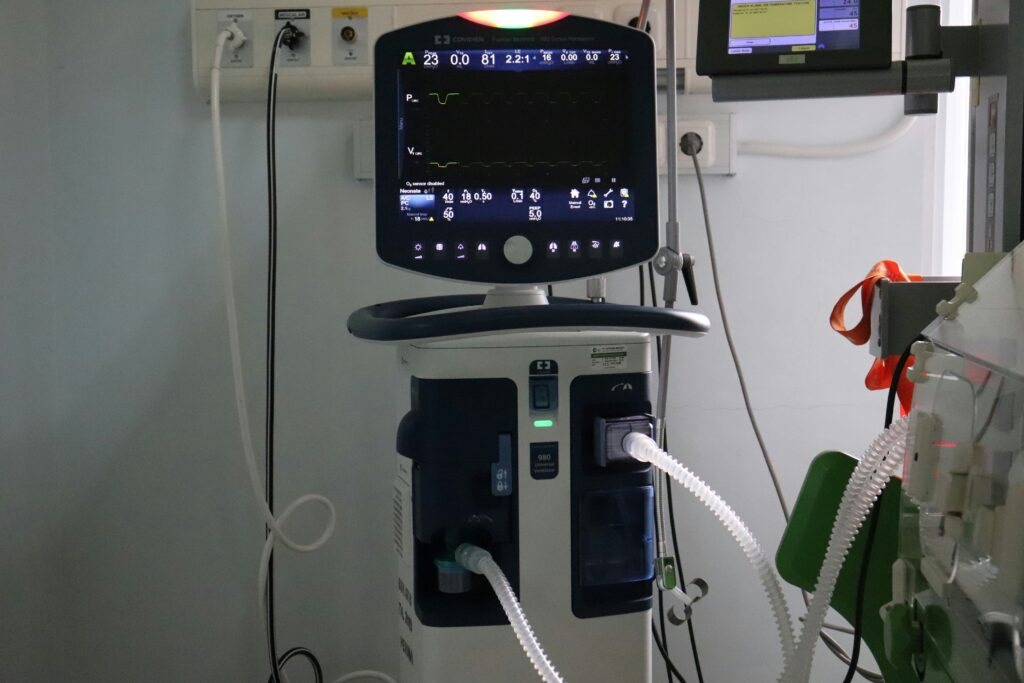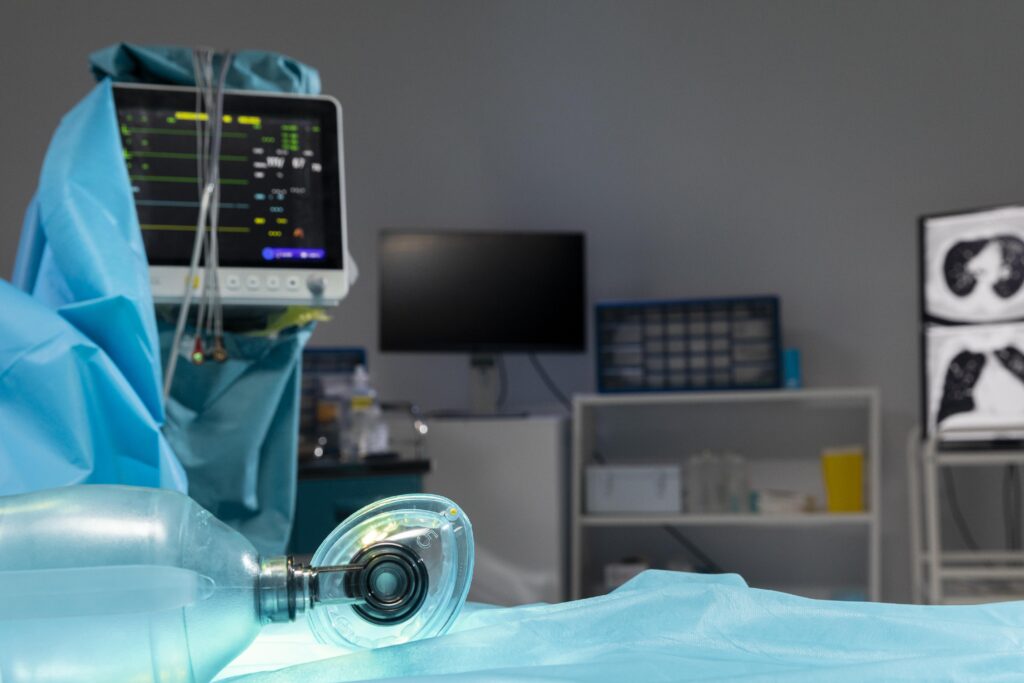Nigerian hospitals are losing millions due to poor medical equipment management. An experienced biomedical engineer shares real-life causes and how to fix them fast.
Let me not lie to you — I’ve walked into too many hospitals where medical equipment is either broken, abandoned, or giving the wrong readings. From ventilators that don’t power on to ultrasound machines that suddenly freeze mid-scan, I’ve seen it all in my 10+ years as a biomedical engineer.
But most of these problems? They are completely avoidable.

So let’s talk real. If you run or work in a hospital, clinic, or diagnostic center, this post will open your eyes to the 10 most common reasons why equipment fails in Nigerian healthcare settings — and how to fix them before they cost you lives and money.
1. Unstable Power Supply
NEPA can disgrace you anytime. Many sensitive machines like patient monitors, ECGs, and analyzers are fried by power surges or sudden outages.
Fix: Always connect vital equipment to a stabilizer or UPS. And let your engineer inspect the power board regularly.
2. Zero Preventive Maintenance
Na when equipment go bad, una go call engineer. That’s the problem. By then, the damage is bigger.
Fix: Schedule monthly or quarterly maintenance. It’s cheaper than emergency repairs.
3. No Calibration = Wrong Results
You dey wonder why blood pressure machine dey show 180/120 for everybody? No calibration.
Fix: Get your machines calibrated twice a year by certified engineers. Accuracy saves lives.
4. No Biomedical Engineer On-Site
Most hospitals dey rely on ‘technicians’ who aren’t trained for medical equipment.
Fix: Subscribe to a professional biomedical engineering service. You’ll get scheduled visits and quick response when something goes wrong.
5. Spare Parts Wahala
You dey wait 3 weeks for one small sensor? Your equipment is gathering dust while patients suffer.
Fix: Partner with a service provider who stocks common spare parts or can source quickly in Nigeria.
6. Staff No Know How to Use the Machine
Na nurse spoil incubator because dem plug am wrong. True story.
Fix: After installation, train your staff. We offer hands-on training every time we visit.
7. Wrong Installation
You just bought a shiny new anesthesia machine, but the person who installed it no follow manual. That’s how problems start.
Fix: Always use a trained biomedical engineer to handle installations.
8. Environmental Stress
Humidity, dust, heat — na enemies of equipment. Lab analyzers go dey rust if room ventilation poor.
Fix: Store your machines properly. Use dehumidifiers and ACs where necessary.
9. Using Expired Equipment
Many hospitals still dey use outdated machines wey manufacturer don abandon.
Fix: Upgrade when necessary. Or talk to an expert to refurbish older equipment safely.
10. No Service Logbook
How you wan know when last your suction machine was serviced? No records!
Fix: Keep a logbook for each equipment — service dates, issues, calibration records. It helps you plan and protect your investment.



Conclusion:
As someone who’s worked across public hospitals, private clinics, teaching hospitals, and diagnostic labs in Nigeria, let me tell you — your equipment doesn’t have to fail. With the right biomedical engineering support, you can reduce downtime, avoid fake readings, and give your patients better care.
